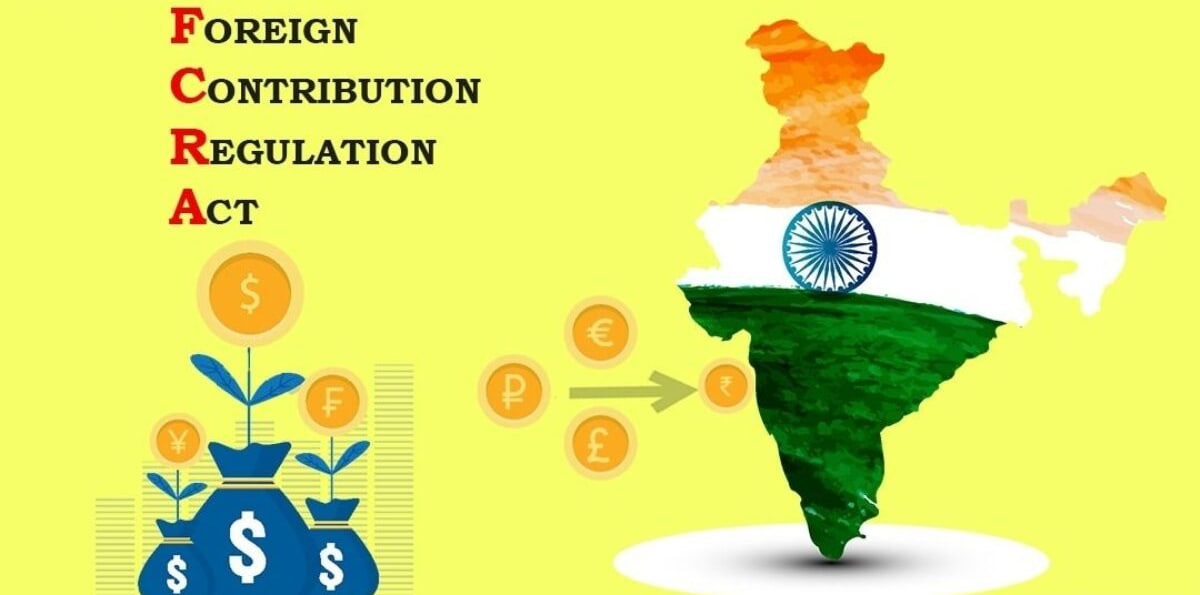Free Courses Sale ends Soon, Get It Now


Free Courses Sale ends Soon, Get It Now



Copyright infringement not intended
Context: The Union Home Ministry has asked the Central Bureau of Investigation (CBI) to investigate Oxfam India for suspected violation of FCRA.
Details
2.png)
Must Read Articles:
Foreign Contribution Regulation Act (FCRA): https://iasgyan.in/daily-current-affairs/foreign-contribution-regulation-act-fcra-4
Oxfam India report “Survival of the Richest: The India story”: https://www.iasgyan.in/daily-current-affairs/oxfam-report-on-rich-poor-divide
|
PRACTICE QUESTION Q. Consider the following Statement about the Foreign Contribution Regulation Act (FCRA); 1. The FCRA was enacted as part of the New Economic Policy (1991). 2. The FCRA regulates foreign contributions by individuals only. 3. A person who receives a foreign contribution must not use more than 50% of the contribution for meeting administrative expenses. Which of the following Statement is/are incorrect? (A) 1 and 2 only (B) 2 and 3 only (C) 1 and 3 only (D) 1, 2 and 3 Answer: D Explanation: Statement 1 is incorrect: The FCRA was enacted in 1976 to regulate foreign money into the country through independent organizations. Statement 2 is incorrect: The Foreign Contribution Regulation Act was amended by the Indian Parliament in 2010. To effectively regulate the foreign contribution by individuals or associations or companies. Statement 3 is incorrect: A person who receives a foreign contribution must use it only for the purpose for which the contribution is received. They must not use more than 20% of the contribution for meeting administrative expenses (earlier it was 50%). |
https://epaper.thehindu.com/ccidist-ws/th/th_delhi/issues/31556/OPS/G4AB34J25.1+GVAB3532E.1.html
© 2024 iasgyan. All right reserved